Request Solar Recycling
Do you need to dispose of a solar panel? Contact our Solar Panel Recycling team to help you identify your solar product type, your disposal options and to arrange a pickup.
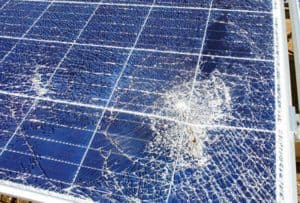
How to Recycle Solar Panels
Zero Landfill Solar Panel Circular Processing
Did you experience solar panel damage from hail or other severe weather and need to replace your units? Ensure you are making an informed decision regarding your specific solar product type, are following your local waste regulations, and fully understand your disposal options, liability and risks. Contact our Solar Panel Recycling team to help you identify your solar product type, your disposal options and to arrange a pickup.
Step 1 – Do Not Throw Solar Panels in the Garbage/Landfill
Solar panels are not garbage.
Panels do not belong in a landfill as they often contain toxic materials, such as arsenic, cadmium, lead and selenium. Unwanted solar products need to be disposed of through a certified recycling partner, such as us – Retrofit Environmental.
Businesses need to be especially careful when disposing of solar products as regulations change very frequently. With clean energy, solar power and renewable energy processes growing quickly over the past decade or so, we are notified of the latest regulation changes and are here for you as a certified recycling partner. With strict adherence to EPA, DOT, MPCA and OSHA regulations, we help you navigate exactly what to do with your unwanted solar product. As technology advances, some photovoltaic solar panels will become outdated and you will need to get rid of them properly. While solar panels are meant to last for decades, many solar installers and operators are already facing high volumes of non-working panels and are anticipating recycling issues when current solar gardens are decommissioned in the future. As a certified recycling partner we have expertise in this waste stream that requires special management.
Step 2 – Identify Your Solar Panel
It is critical to properly identify what type of solar product you have before you can determine how to legally dispose of it. Call us or schedule a meeting online and we will help you identify your type of solar panel. Sometimes the product label is not clear, the manufacturer uses terms you are not familiar with, or you are simply unfamiliar with the varieties of solar panels out there. Bottom line – don’t risk it, let us help you. We can help you identify your type of panel, we can even do testing if that is needed, and provide you with disposal options for your business.
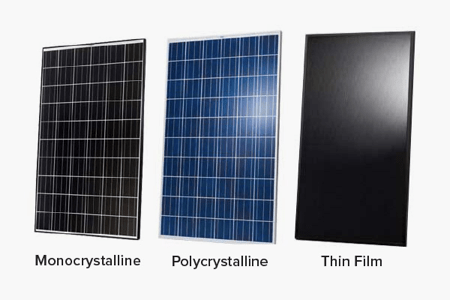
Monocrystalline (silicon based)
Monocrystalline silicon is manufactured in such a way that it forms a continuous single crystal without grain boundaries. These types of panels can be recycled through our Solar Panel Recycling Program. See below for more details, call us at 800-795-1230 or schedule a pickup online.
Polycrystalline (silicon based)
Polycrystalline (or multicrystalline) silicon is manufactured in such a way that it consists of a number of small crystals, forming grains. These types of panels can be recycled through our Solar Panel Recycling Program. See below for more details, call us at 800-795-1230 or schedule a pickup online.
Thin Film
Thin film* is a technology used to produce solar cells based on very thin layers of PV (photovoltaic) materials deposited over an inexpensive material (glass, stainless steel, plastic). Common thin film technologies include Copper indium gallium (di)selenide (CIGS), and Cadmium telluride (CdTe). *special processing required
Step 3 – Solar Panel Recycling Options
Once you have properly identified your solar product, it is important to understand the regulations surrounding disposal. There are currently no federal regulations in the US for collecting and recycling end-of-life solar panels, and therefore fall under the general waste regulations set forth in the Resource Conservation and Recovery Act, 1976 (RCRA) for managing hazardous and non-hazardous solid waste. Our recycling team will guide you through the details, however the general guidelines are as follows:
Minnesota Solar Panel Regulations
In Minnesota, solar panels discarded by a commercial entity must be assumed to be hazardous waste, due to the probable presence of heavy metals, unless proven to be non-hazardous through testing. MPCA – Toxics and Pollution Prevention. There is a statewide goal of 10% solar-generated electricity by 2030, which would result in approx. 6,000 Megawatts (MW) or about 21 million modules to be installed. With this anticipated spike in future decommissioning of solar units, it is expected that Minnesota will continue to re-evaluate state-wide regulations for end-of-life solar panel processing.
Silicon Based
Silicon based (monocrystalline and polycrystalline) solar panels can be recycled by TRC. It is imperative that your solar panel be identified by either a manufacturer’s label or TCLP testing prior to utilizing our Solar Panel Recycling Program. Please contact our team to discuss your solar panel recycling needs online or call us at 800-795-1230.
Hazardous Waste Disposal
As previously mentioned, solar panels in MN are assumed to be hazardous waste, unless proven otherwise. TRC can provide testing for your solar panel to determine a hazardous waste status. Please call with questions at 800-795-1230 or submit a request here.
Step 4 – Solar Panel Recycling Process
Our Solar Team at Retrofit Environmental collects and transports discarded solar panels to a processing facility. We partner with an ISO 14001 and SEIA approved solar module recycler with no-landfill processing.
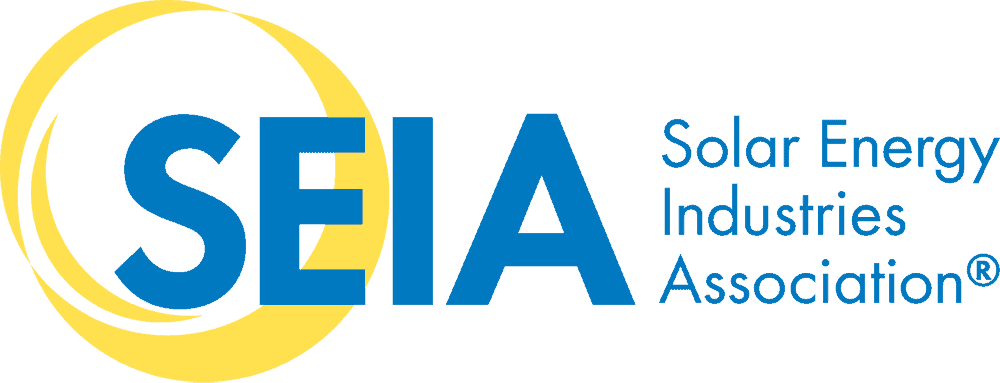
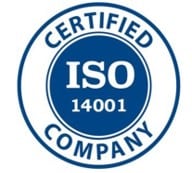
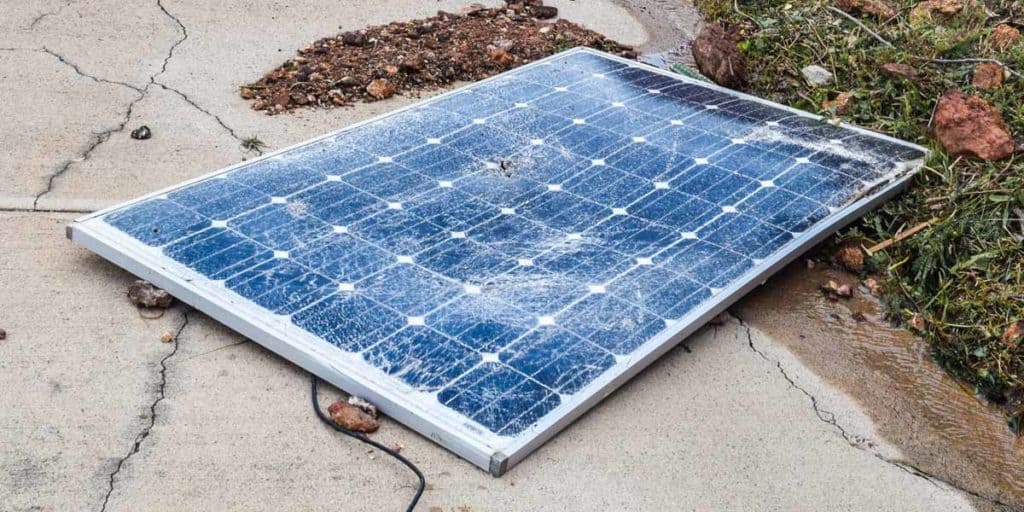
Evaluate
Solar modules are evaluated and marked for recycling as needed. Modules are grouped by size and type to simplify the next step in the recycling process.
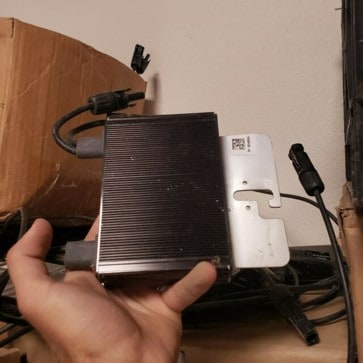
Prepare
Connection wires, junction boxes and additional components (such as optimizers, microinverters or racking hardware) are removed from the solar panel. The module frame is removed using a machine developed for this process.
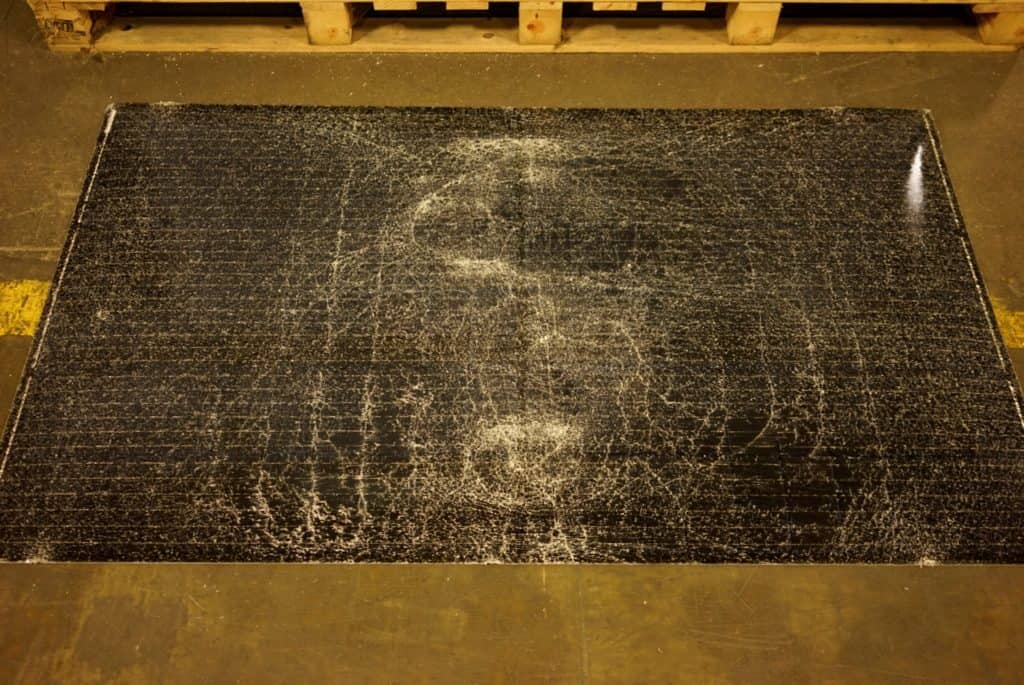
Shred
With the frame and j-box removed from the solar panel, the remaining laminate is shredded. This step makes the materials easier to handle, leaving pieces about the size of your hand.
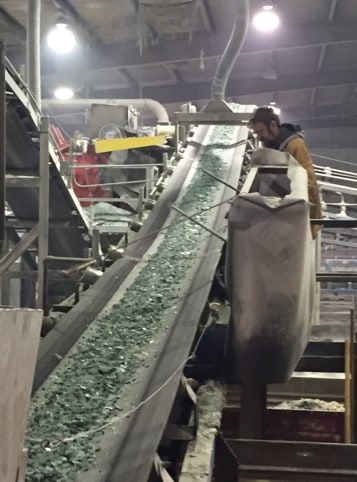
Grind
The shredded laminate goes through a grinding process. This further reduces the size of the material. Wire and cell material are separated from the glass and encapsulant.
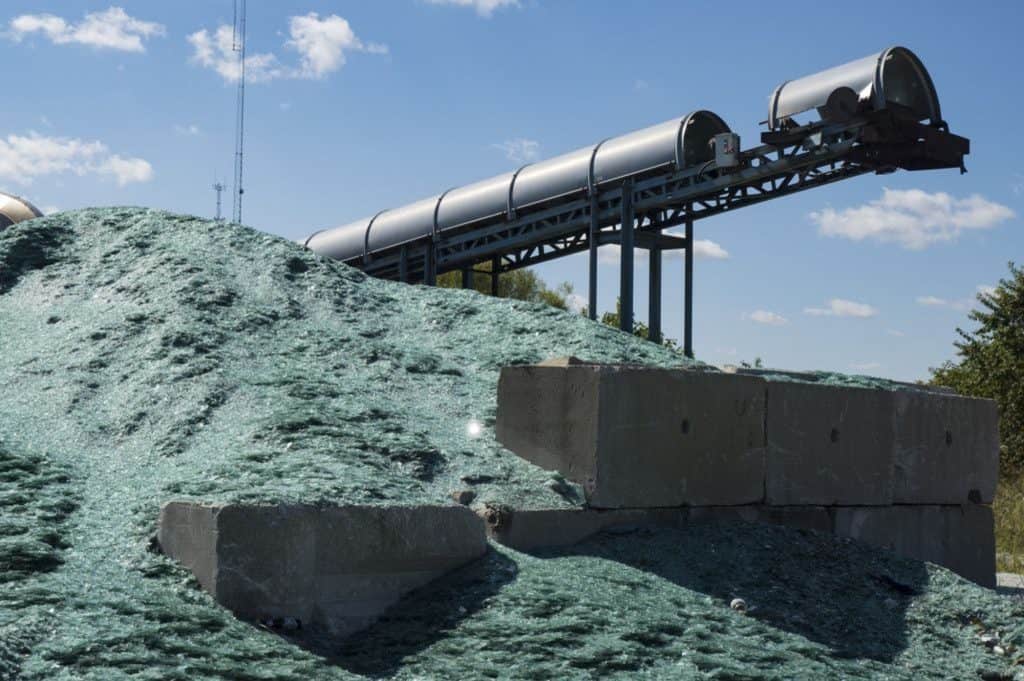
Separate
After the first grind, the material is mechanically sorted by size and some of it is ground again to achieve uniform granules. Encapsulant and polymer backsheet material is lighter than glass, allowing for mechanical separation.
Step 5 – Downstream Uses for Recycled Solar Panels
Various types of recycled glass are re-combined to manufacture a variety of products. All components of a recycled solar panel are either repurposed or recycled; zero landfill recycling is a priority for this waste stream.
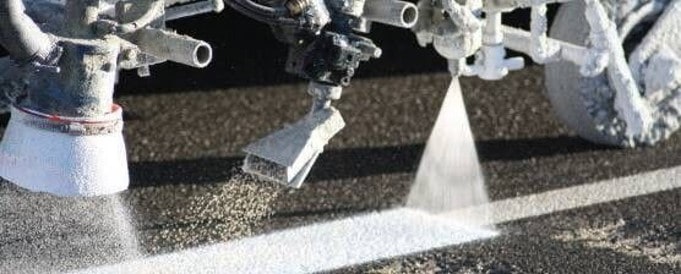
Road Beads
Road beads are retroreflective spheres of glass that help illuminate highway markings. This is a multi-billion dollar industry in the United States.
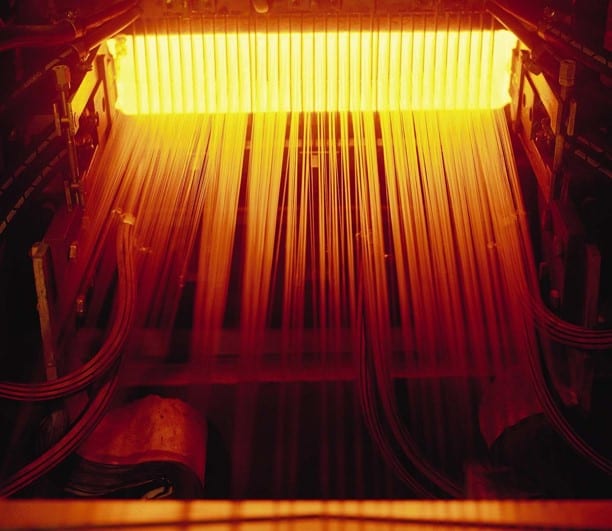
Fiberglass Manufacturing
Recycled glass waste is used in fiberglass manufacturing because it increases efficiency. Cullet (glass waste) reaches working temperatures more quickly, providing consistent demand for this type of recycled material.

Abrasives & Sandblasting
Recycled glass waste can be used for sandblasting in various sizes for different applications.
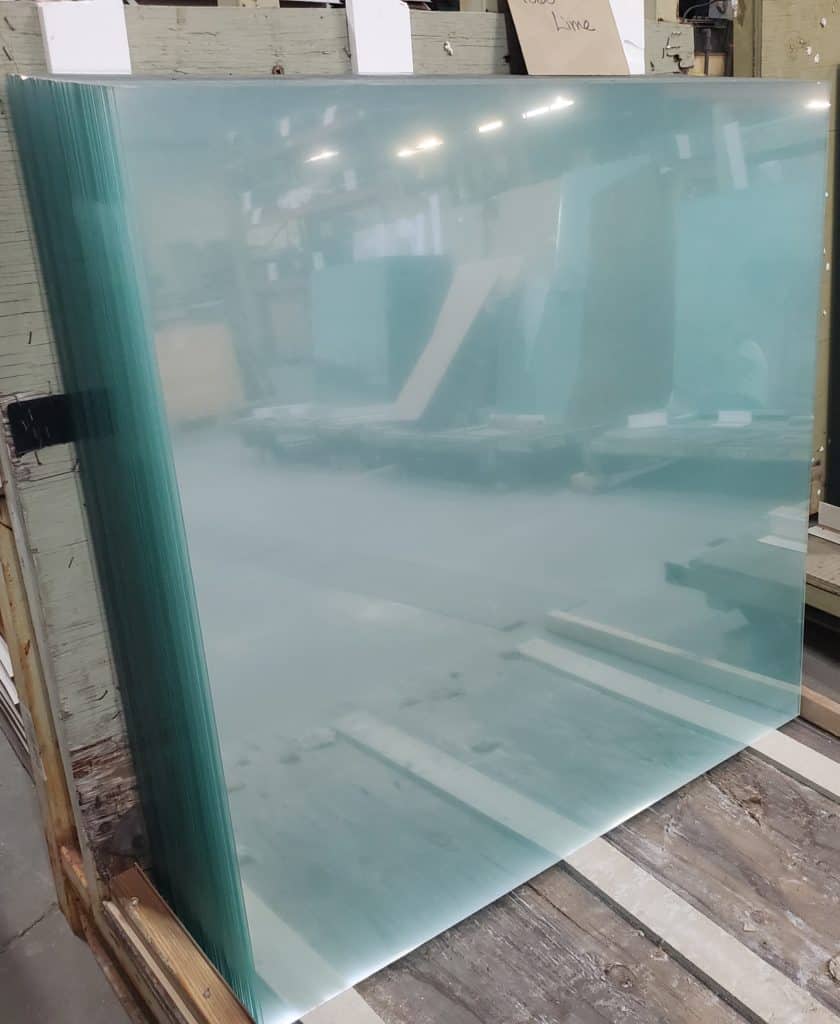
Float Glass
Recycled solar panel waste is often used to manufacture float glass. The process used to manufacture these products domestically is an early step towards a solar circular economy.

Paint Filler
Finely ground glass is used in certain types of paint, including automotive paint. This material can also be used in the concrete industry. Finely ground glass helps to lower curing times and increases the overall strength of the concrete.

Container Glass
Recycled glass is present in most glass containers. The process used to create new container glass is another great example of a circular economy for solar panel recycling.
Industries Served:
We support solar panel recycling for businesses nation-wide as renewable energy and solar technology continues in popularity.
Our solar recycling program includes (but is not limited to):
|
|
|
|
|
|
|
|
|
|
|
|
More Recycling Options
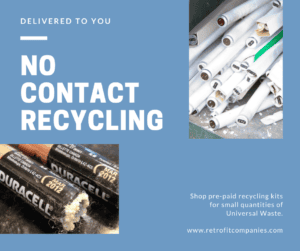
No-Contact Recycling
Pre-paid recycling kits are available for small quantities of Universal Waste. These kits can be ordered online and shipped right to you.
For more info, call us at 1-800-795-1230 or email at recycle@retrofitcompanies.com
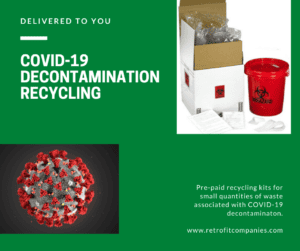
Decontamination Recycling Kits
Pre-paid recycling kits are available for small quantities of Universal Waste associated with COVID-19 decontamination, such as wipes, rags and used PPE. These kits can be ordered online and shipped right to you.
For more info, call us at 1-800-795-1230 or email at recycle@retrofitcompanies.com
